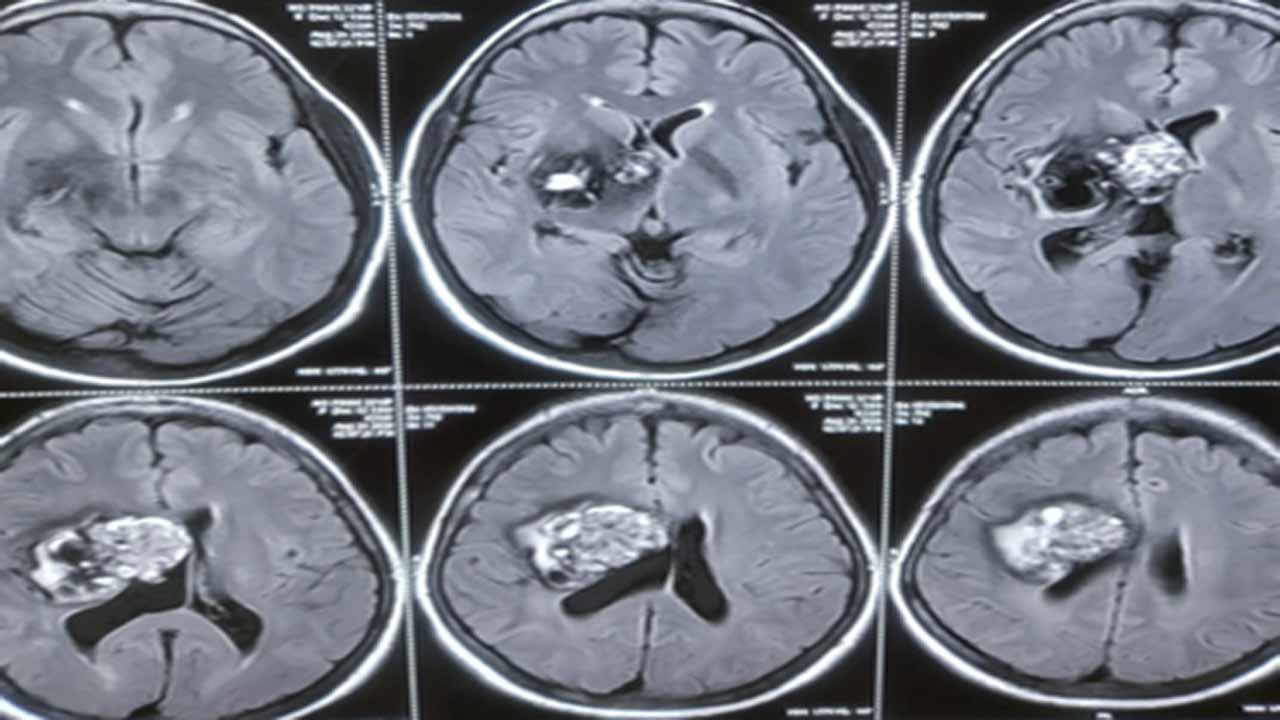Protein is one of the key pillars of good health and cognitive abilities. Protein is required by each and every cell of our body.
In fact, it helps in keeping our muscles strong, healthy, and fights with unnecessary hunger better than fats and carbohydrates. Protein is one of the most important nutrients that our body requires in adequate amount on a daily basis as it helps in repairing cells and makes new ones and also protects the body from viruses and bacteria.
Important proteins like enzymes and hormones help in breaking down our food and release energy into your system and helps in regulating blood glucose in our body.
Deficiency of protein in your diet can eventually cause problems like loss of muscle mass, weakened functioning of the heart and lungs, and even early death.
How much protein we should eat?
On an average, our body requires at least 30% of calories from protein (56 grams per day). This amount of protein is necessary to assist you to build and maintain lean body mass. There’s an additional requirement of proteins for growth in infants and youngsters and for pregnant and nursing women.
How much protein do we eat every day?
According to The Indian Market Research Bureau’s 2017 report, protein deficiency among Indians stands at more than 80 percent, measured against the recommended 60g per day.
In India, the average consumption of foods per capita per day is 1.317 kg, which is 2,458 calories. Here, people consume starchy diets that are rich in carbohydrates. This constitutes approximately 70-80 percent of their diet.
“According to IPSOS survey, a leading global market and opinion research firm, around 68 percent of people in India have lower protein content in their body than adequate and 71 percent of the people have poor muscle health,” InBody Clinical Executive Dr. Ankita Ghag said in a statement.
The findings stated a correlation between poor muscle health and protein deficiency in India which needs to be addressed, she added. “We believe there is a need to build awareness about the importance of muscle health amongst Indians and find appropriate solutions,” Ghag said.
Source of Protein
Eggs, meat, fish, and milk products are good sources of complete protein and also of certain minerals like iron and zinc.
Plant-based protein offers a good array of vitamins and minerals, alongside fiber and antioxidants, which you won’t find in poultry products. Plant sources also are naturally cholesterol-free, and typically low in fat. Soya, nuts, peas, beans, lentils, and spinach are some other plant proteins you could have to balance protein intake.
Protein from animal sources contains the full range of essential amino acids required for an adult’s diet. It is important to choose lower fat protein-rich foods, such as lean meats or reduced-fat dairy products as some high protein foods can also be high in saturated fat which increases the risk of cardiovascular disease.
Protein-rich foods give you more energy, binds your muscle, and makes you feel full for a longer period even on fewer calories than foods rich in carbohydrates or fat. So including a lean source of protein with a meal can help to minimize feelings of hunger and decrease overall energy intake.











